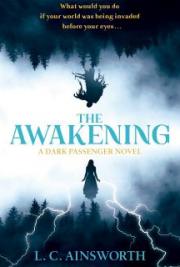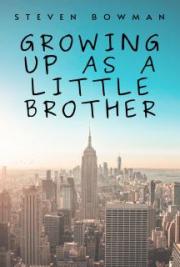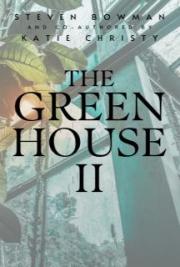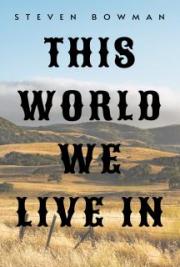Many consumers as well as investors are still wondering what will become of the dispute between bookselling giant Amazon and the major e-book publishing company Hachette. The spat has created some great drama and has plot twists you might expect to find in a thriller novel. As you may recall, the initial disagreement between the former business partners occurred when Amazon and Hachette reached an impasse in their negotiations regarding prices of Hachette books. Hachette wanted to reserve pricing control and set its own amounts, whereas Amazon – which is known for selling deeply discounted books – said it would sell the majority of the titles for no more than $10 per book.
Why the Media Calls it a Tale of “David vs. Goliath”
Amazon has unprecedented clout and power in the industry, because it has the most customers. Meanwhile Amazon is also the company that invented the Kindle Reader, so it is a genuine pioneer within the world of e-books. Were it not for the worldwide presence and size of Amazon e-books may not have gotten off to such a fast start and gained so much popularity so quickly. The company rang up sales of its popular Kindle e-reader last year to the tune of approximately $4 billion, and sold hundreds of millions of dollars worth of of e-books, too. Amazon, which takes in close to $75 billion in total revenues, also makes very large profit margins on the sale of e-books, so it tends to market them very aggressively.
Hachette, by contrast, is the subsidiary of a French company that made less than $10 billion last year. That’s pretty small potatoes compared to Amazon, so the publisher does not really have the ability to fight back against Amazon’s pricing policies very effectively. Because it has so much credibility and influence, Amazon usually does whatever it wants in terms of pricing policies and if its trading partners don’t like it, Amazon simply cuts them out of the loop.
Battle Tactics and Lines in the Sand
Not surprisingly, after talks with Hachette broke down, Amazon put even more pressure on Hachette by listing many of its pre-orders for printed hard-copy titles as “unavailable.” Normally if a book has not yet been released, you can pre-order it on Amazon and it will ship to you on the release date. But by categorizing these Hachette titles as unavailable, Amazon basically said it was not going to carry them in its inventory. Making the strategy feel even more hostile toward Hachette, Amazon even took down some of the promotion pages for books supplied by Hachette.
In its defense, Amazon stated that it was trying to side with the consumer by offering the most affordable prices. Authors tended to disagree, because their royalty checks shrink when book prices fall or when books don’t even get marketed and sold. So almost 1,000 authors, including luminaries like J.K. Rowling and Stephan King – bought an expensive ad which they ran, criticizing Amazon’s tactic of playing hardball with publishers.
Apple Joins the Fray, but So Do the Feds
Publishers have banded together, though, with companies like Simon & Schuster and Penguin teaming-up with other publishers including Hachette and going to Apple and its Cupertino venture with their business. They worked out a deal with Apple, which is one of the biggest and richest companies on earth and perfectly capable of going toe-to-toe with Amazon. Apple received a hefty commission on books sold but let the publishing maintain pricing control.
But the plot thickens. There are consumer protection and anti-monopoly laws designed to prevent companies from working with their own competitors to raise prices. So when the United States Department of Justice got wind of the arrangement, authorities charged Apple and the group of publishers with illegal conspiracy to manipulate prices. Sure enough, a judge said that the publishing group and Apple had to cancel their agreement and go back to the drawing board. Once again, Amazon had come out victorious.
The Bottom Line for Consumers
Where does that leave us? Amazon says it is willing to negotiate, but has been firm so far about wanting to keep its retail prices for most e-books under $10. Hachette has dug in its heels and refused to go along with that plan. Hachette markets about 5,000 or more books on Amazon, and while publishers and authors generally side with Hachette, lots of others agree with Amazon. The situation will probably eventually get resolved, however, because both companies want to make money – despite all the posturing, politics, and controversy. As far as the end-user consumer or e-book reader is concerned, most of this is a lot of bluster and noise that does not really directly impact their reading choices and buying habits. The real stakeholders in the debate are authors and publishers.
Books are still available, in other words, and when they are available as e-books on Amazon their prices are very inexpensive. Delivery of products through Amazon may be interrupted and pre-ordering may not be possible for some titles that belong to Hachette, of course, but you can also purchase them somewhere else. You can also enjoy libraries full of e-books free of charge, or at deeply discounted prices that let you have access to dozens of books for what you would normally have to pay for just two or three, by browsing the titles at Free-eBooks.net and UnlimitedEbooks.com.











